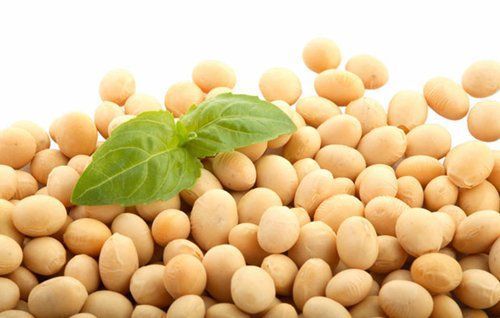Study on Thermal Decomposition Kinetics and Pyrolysis Mechanism of Epoxy Soybean Oil as Plasticizer for PVC
Epoxy soybean oil is a light yellow viscous oily liquid at room temperature. It is a widely used non-toxic plasticizer and stabilizer for polyvinyl chloride. It has good compatibility with PVC resin, low volatility and low migration. It has excellent thermal and light stability, water resistance and oil resistance. It can give good mechanical strength, weatherability and electrical properties, and is non-toxic. It is an internationally recognized chemical process additive for food packaging materials.
It is actually a chemical product made from soybean oil after oxidation treatment.

Vegetable oils can be directly used as plasticizers for PVC, but they can be used as plasticizers for PVC by modifying the chemical structure of vegetable oils. Because of their many advantages, the amount of vegetable oils has accounted for about 8% of the total amount of plasticizers.
Because of its low toxicity, environmental protection and wide sources, epoxy plasticizers have been widely used in pharmaceutical and food packaging materials, artificial leather, agricultural films and so on.
The plasticizing mechanism, thermal stability and migration properties of ESO in PVC have been thoroughly analyzed by different methods. However, the thermal decomposition process of PVC products is rarely studied.
Therefore, Feng Guodong and Zhou Yonghong of the Chinese Academy of Forestry Sciences used ESO to partly or totally replace petrochemical plasticizers to prepare PVC materials. The changes of apparent activation energy during thermal weightlessness were analyzed, and the thermal stability of the materials was explained by the apparent activation energy of each thermal decomposition stage. The pyrolysis of ESO plasticized PVC material at different pyrolysis temperatures was analyzed by pyrolysis gas chromatography/mass spectrometry. The pyrolysis mechanism of ESO in PVC material and the pyrolysis path of PVC resin were analyzed. It provides a theoretical basis for optimizing the formulation of PVC materials and synthesizing new grease-based plasticizers.
The activation energy of PVC increases with the increase of weight loss, which indicates that the residue becomes more stable and difficult to decompose with the increase of decomposition amount. Compared with DOIP, the thermal decomposition activation energy of PVC plasticized by ESO was higher before 50% thermal weightlessness. However, when the weight loss reaches 80%, the activation energy of PVC plasticized by ESO and DOIP is higher than that plasticizer alone. The main reason is that the two plasticizers may have more complex cross-linking reaction at high temperature, which improves the thermal stability of the products. The pyrolysis mechanism shows that most of the PVC molecules lose hydrogen chloride at temperatures below 260 C to form benzene ring containing substances, and some of them produce cyclic alkanes with 12 to 18 carbon or halogenated alkanes with one chlorine atom. At the same time, about 10% of ESO cracks, mainly producing fatty acids containing 16 and 18 carbon atoms. The amount of oil cracking is related to the structure of oil. The less the number of carbon atoms in the fat chain, the more the amount of cracking. When the temperature reaches 480 C, the polyvinyl chloride macromolecule is heated, crosslinked and cyclized to form substances with multiple benzene rings. ESO pyrolysis products are the main products in this stage, mainly 16-carbon saturated fatty acids and 18-carbon unsaturated fatty acid esters. Based on these pyrolysis products, the pyrolysis mechanism of ESO plasticized PVC samples and the thermal decomposition path of epoxy bond in PVC samples were deduced. The flammability of vegetable oils as plasticizers for PVC is attributed to the low boiling point, flammable fatty acids and fatty acid methyl esters produced by the thermal decomposition of vegetable oils.
